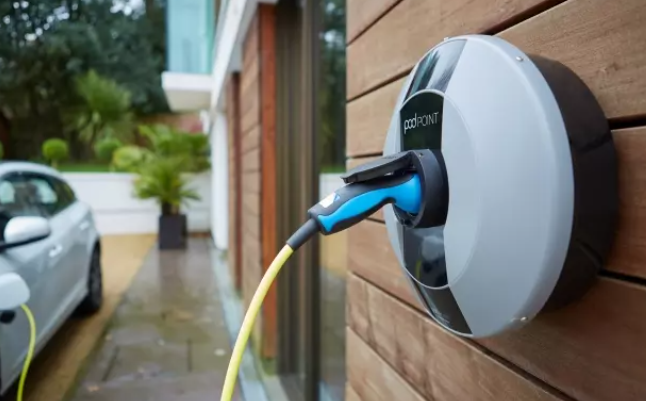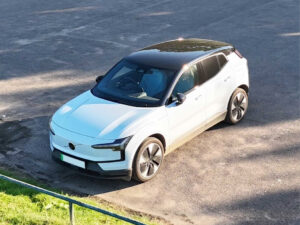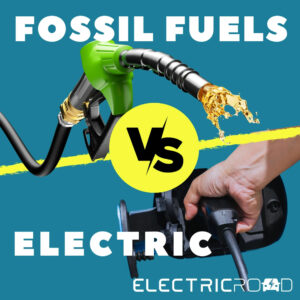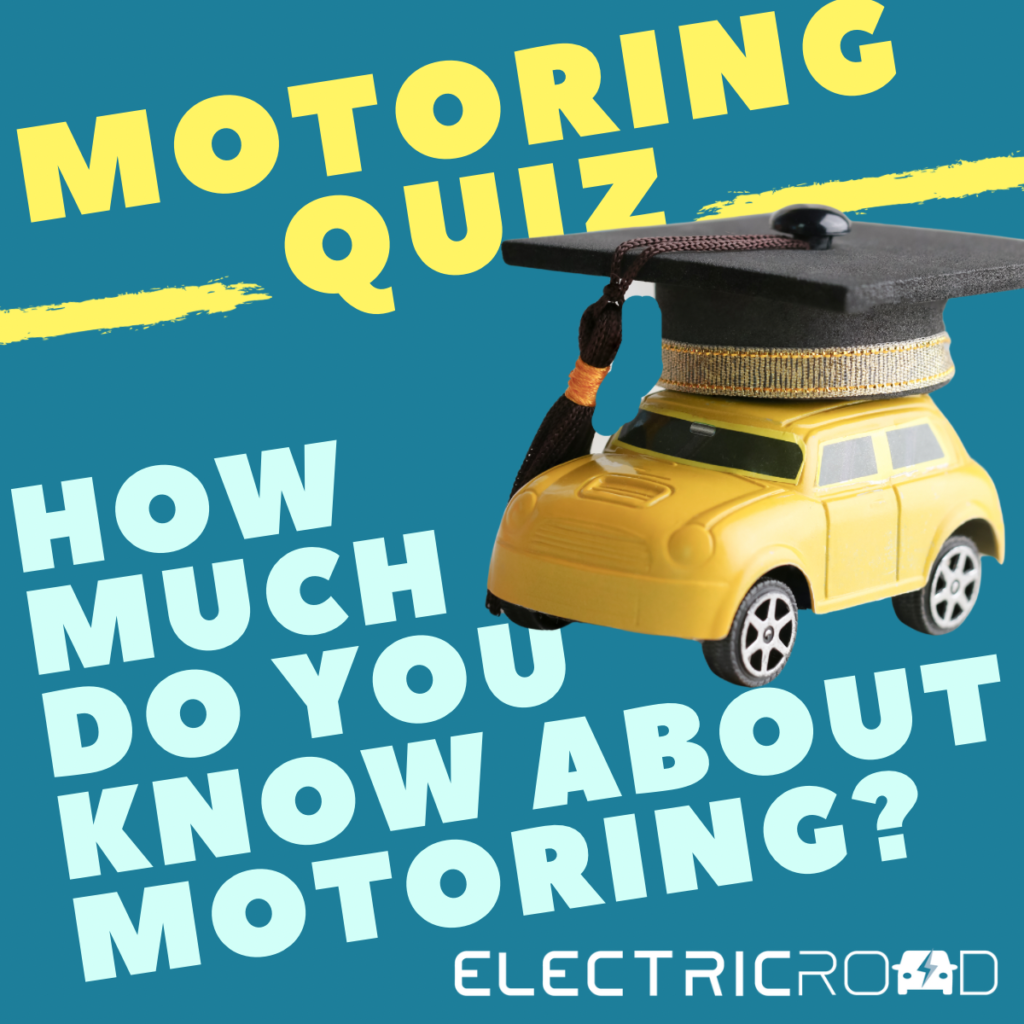Electric vehicle charge points sold in Great Britain for private (domestic or workplace) use are being regulated to help manage the increase in electricity demand from the transition to electric vehicles and come into force on 30th June 2022.
The regulations ensure charge points have smart functionality, allowing the charging of an electric vehicle when there is less demand on the grid, or when more renewable electricity is available. The regulations also ensure that charge points meet certain device-level requirements, enabling a minimum level of access, security and information for consumers. The Electric Vehicles (Smart Charge Points) Regulations 2021 is the underpinning legislation.
The regulations come into force on 30th June 2022 and applies to any person or business selling, offering, or advertising a charge point for sale. Following the definition in the Automated and Electric Vehicles Act 2018, a sale includes the act of hiring, lending, leasing or giving a charge point from one party to another. The regulations also apply to exchanges under warranty if the exchange is made after 30 June 2022.
Sign-up to Electric Road now to receive a FREE ‘Guide to the Best Electric Cars’, a weekly Newsletter and to win some great prizes!
The new regulations
The regulations state that charge points sold for the intended private charging of vehicles must meet certain device-level requirements, which include:
- smart functionality, including the ability to send and receive information, the ability to respond to signals to increase the rate or time at which electricity flows through the charge point, demand-side response services and a user interface
- electricity supplier interoperability, allowing the charge point to retain smart functionality even if the owner switches electricity supplier
- continued charging even if the charge point ceases to be connected to a communications network
- safety provisions, preventing the user carrying out an operation which could risk the health or safety of a person
- a measuring system, to measure or calculate the electricity imported or exported and the time the charging lasts, with visibility to the owner of this information
- incorporate pre-set, off-peak, default charging hours and allow the owner to accept, remove or change these upon first use and subsequently
- allow for a randomised delay function.
More information can be found at – https://www.gov.uk/guidance/regulations-electric-vehicle-smart-charge-points









